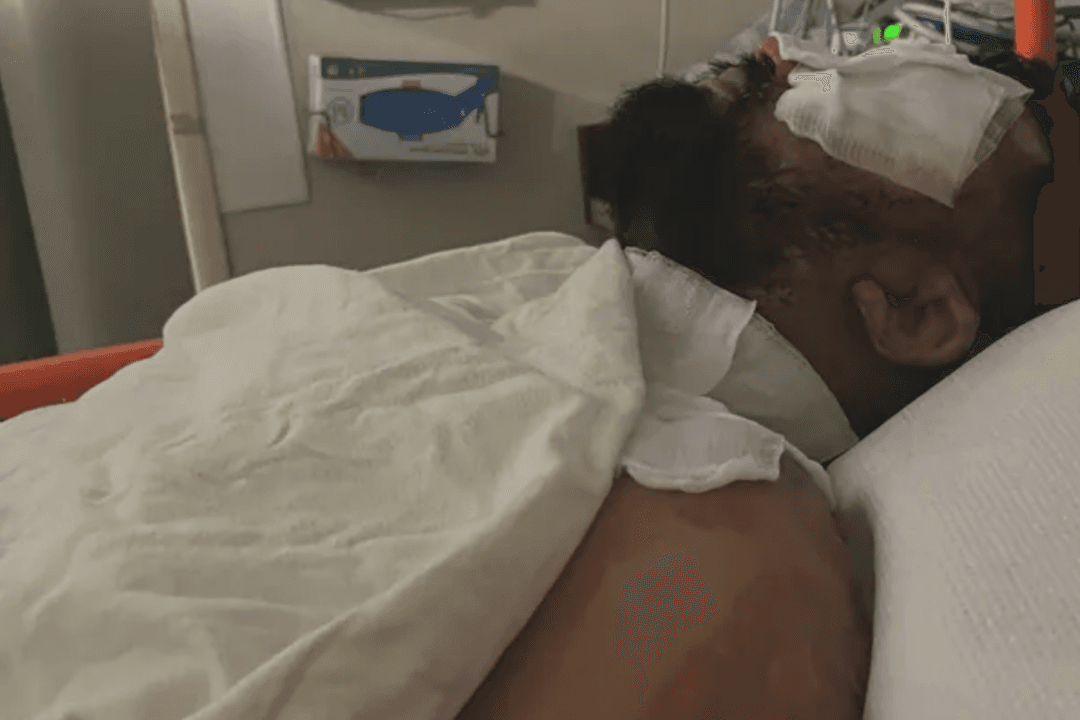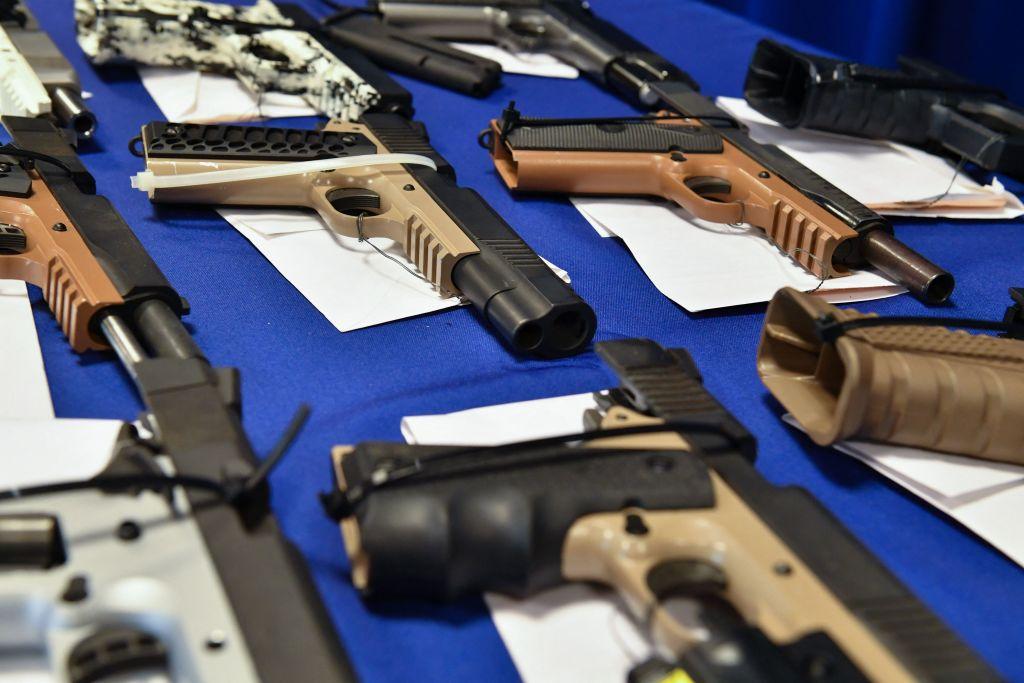Some parents in the Placentia-Yorba Linda Unified School District have been concerned about the Social-Emotional Learning (SEL) curriculum in schools, which prompted the district’s Board of Education to reassure them that the district is using SEL in its “purest form,” free from the influence of Critical Race Theory (CRT).
Social-Emotional Learning has become more controversial within the school district—which already banned CRT from public schools on April 5, 2022—because it uses core words identical to that of CRT, such as “diversity, equity, and inclusion.”




